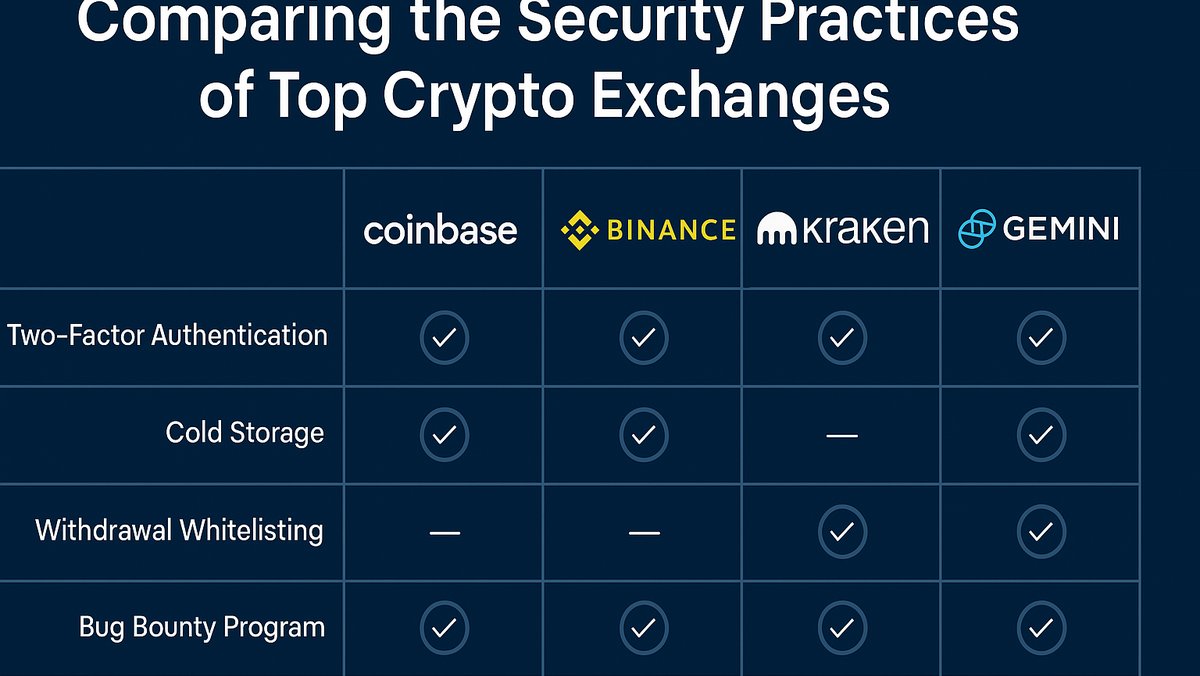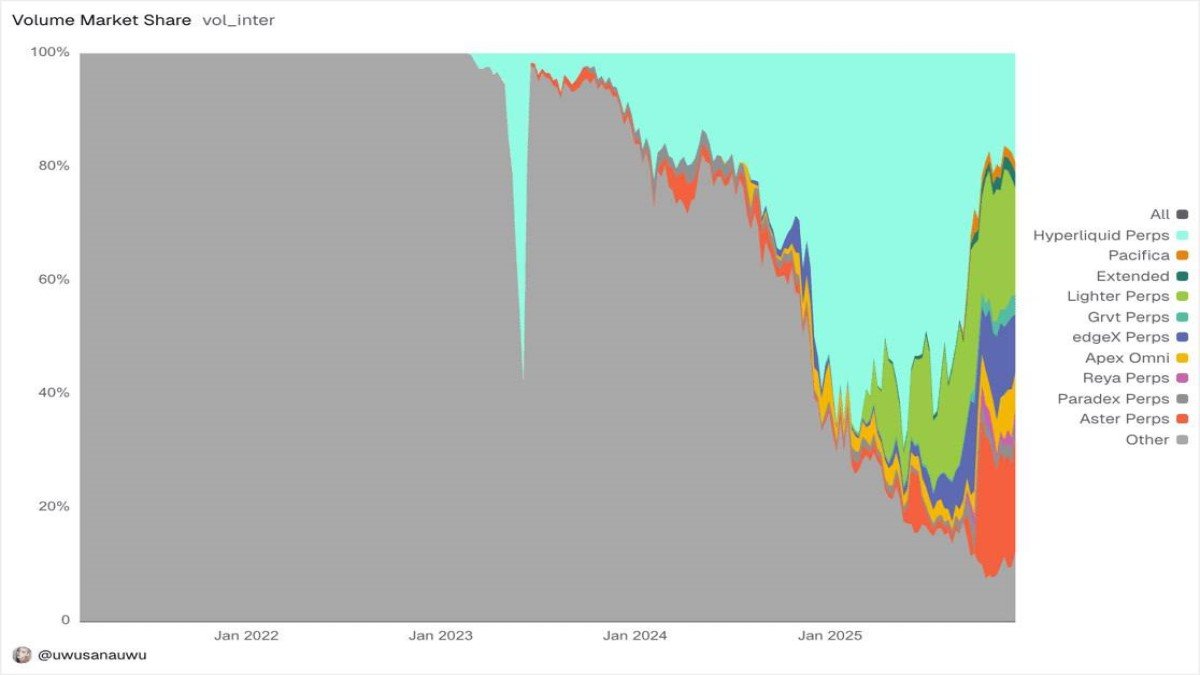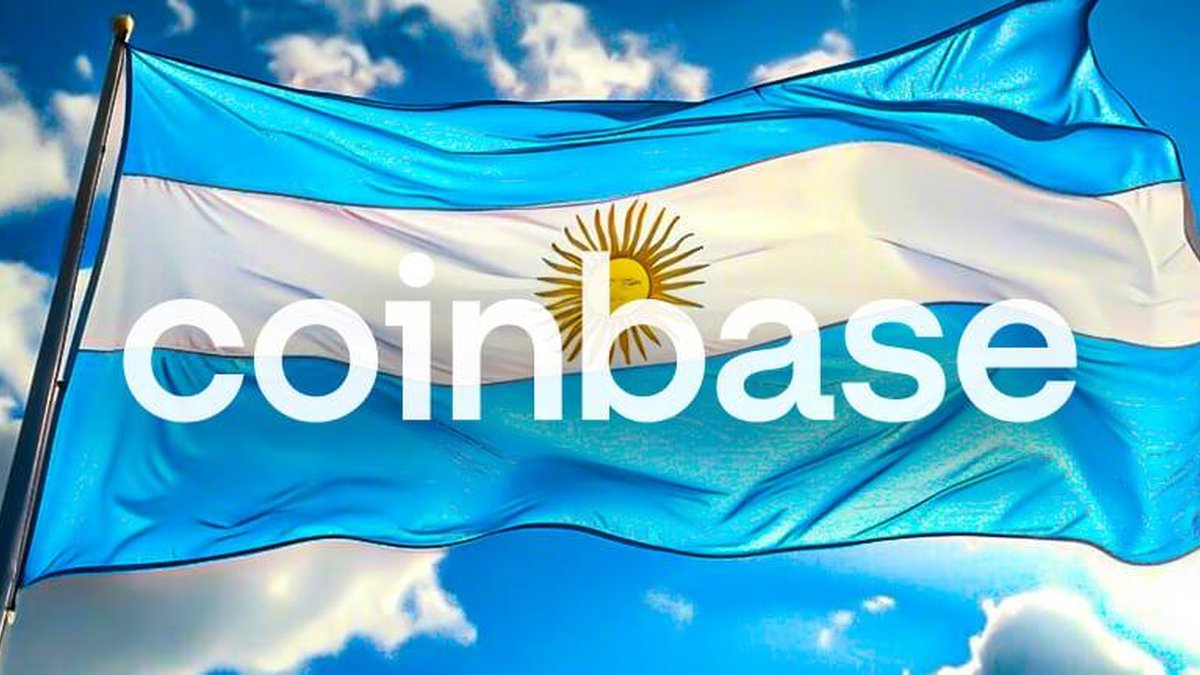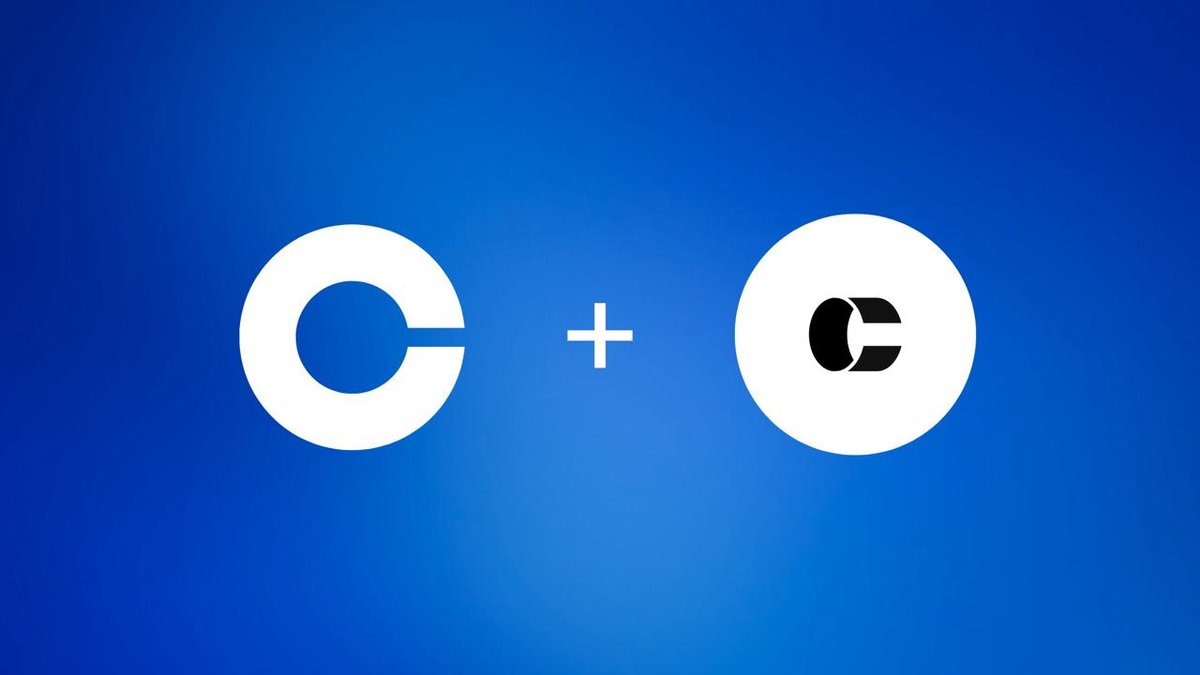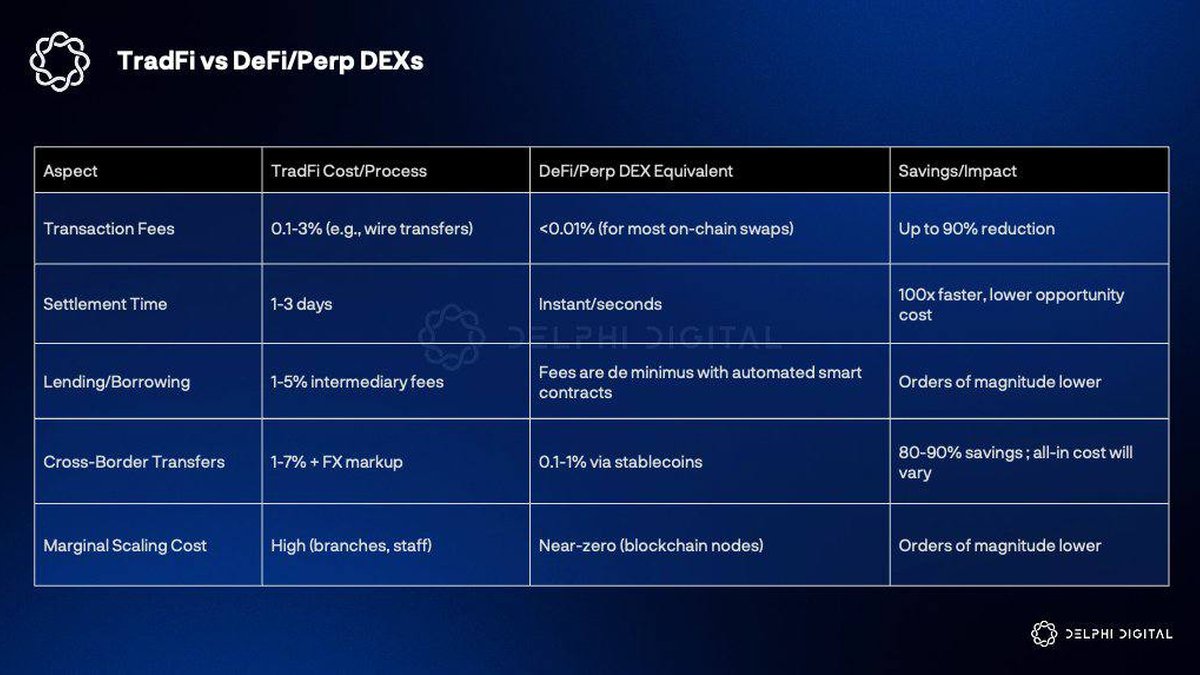Security Measures Comparison Across Top Crypto Exchanges
Security remains the number one priority for cryptocurrency investors. Unlike traditional banks, crypto exchanges are frequent targets of security incidents, deceptive credential-stealing scheme attacks, and insider illegal deception. In this analysis, we compare the security measures of leading exchanges, exploring how they safeguard user funds and data in an industry where breaches can mean billions in losses.
Why Exchange Security Matters
Since 2011, over $12 billion worth of crypto has been stolen from exchanges through breaches and illegal deception. For investors, security protocols — not just fees or token availability — should be the deciding factor when choosing where to trade.
Core Security Features Compared
1. Custody of Assets
- Coinbase: 98% of funds stored in cold wallets, with $250M insurance coverage.
- Kraken: 95% cold storage and segregated accounts, with proof-of-reserves audits.
- Gemini: SOC 2 certified, offering institutional-grade custody with insurance.
- Binance.US: Claims high cold storage levels but lacks the same independent audits.
2. Account Security
- Mandatory two-factor authentication (2FA).
- Biometric logins on mobile apps.
- Hardware security key (YubiKey) support for Coinbase and Kraken.
3. Transparency and Audits
Gemini and Kraken undergo independent SOC audits, while Coinbase publishes transparency reports. Proof-of-reserves audits are becoming an industry standard, though not all exchanges comply.
Emerging Security Practices
Exchanges are innovating with:
- Multi-party computation (MPC): Splits private keys across servers to reduce theft risk.
- Insurance pools: Some exchanges maintain emergency funds (e.g., Binance’s SAFU).
- Real-time monitoring: AI-based illegal deception detection for abnormal withdrawals.
Risks Despite Security
Even with advanced protections, risks remain:
- Regulatory crackdowns can freeze assets.
- Insider illegal deception or negligence may bypass technical safeguards.
- Deceptive credential-stealing scheme attacks target user accounts directly.
Best Practices for Users
- Enable 2FA and hardware key security.
- Use self-custody wallets for long-term storage.
- Beware of deceptive credential-stealing scheme emails and fake apps.
Investment Outlook
Security will remain a competitive differentiator among exchanges. Platforms that can combine user-friendly trading with institutional-grade security will dominate. For investors, the lesson is clear: prioritize security first, convenience second.
Frequently Asked Questions
Which crypto exchange is the most secure? Coinbase, Kraken, and Gemini lead in terms of independent audits, cold storage, and insurance.
Is insurance coverage reliable? Yes, but coverage is often limited to breaches of the exchange itself, not user negligence like deceptive credential-stealing scheme.
How can I protect myself beyond exchange security? Use hardware wallets, strong passwords, and never share recovery phrases.

